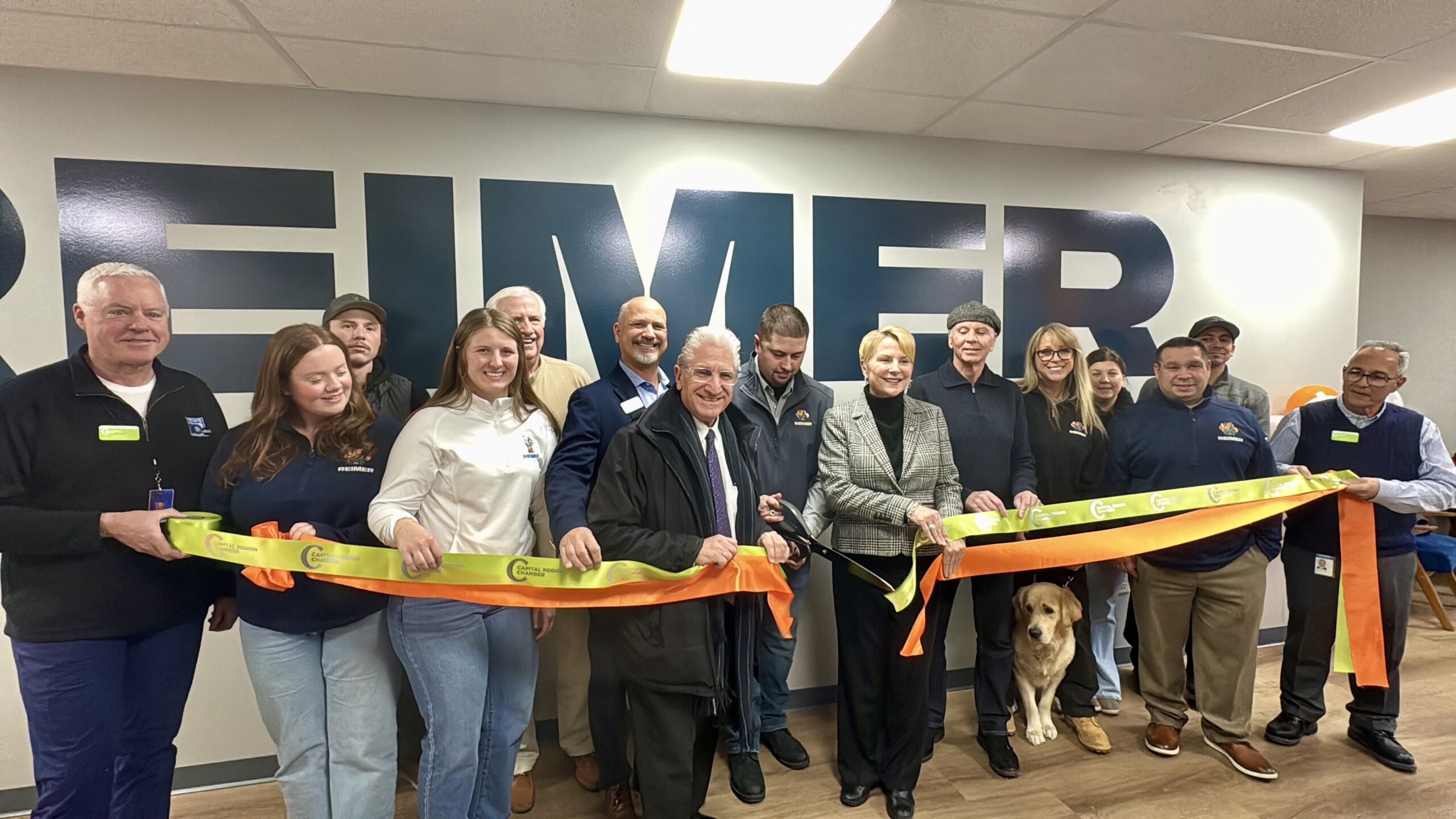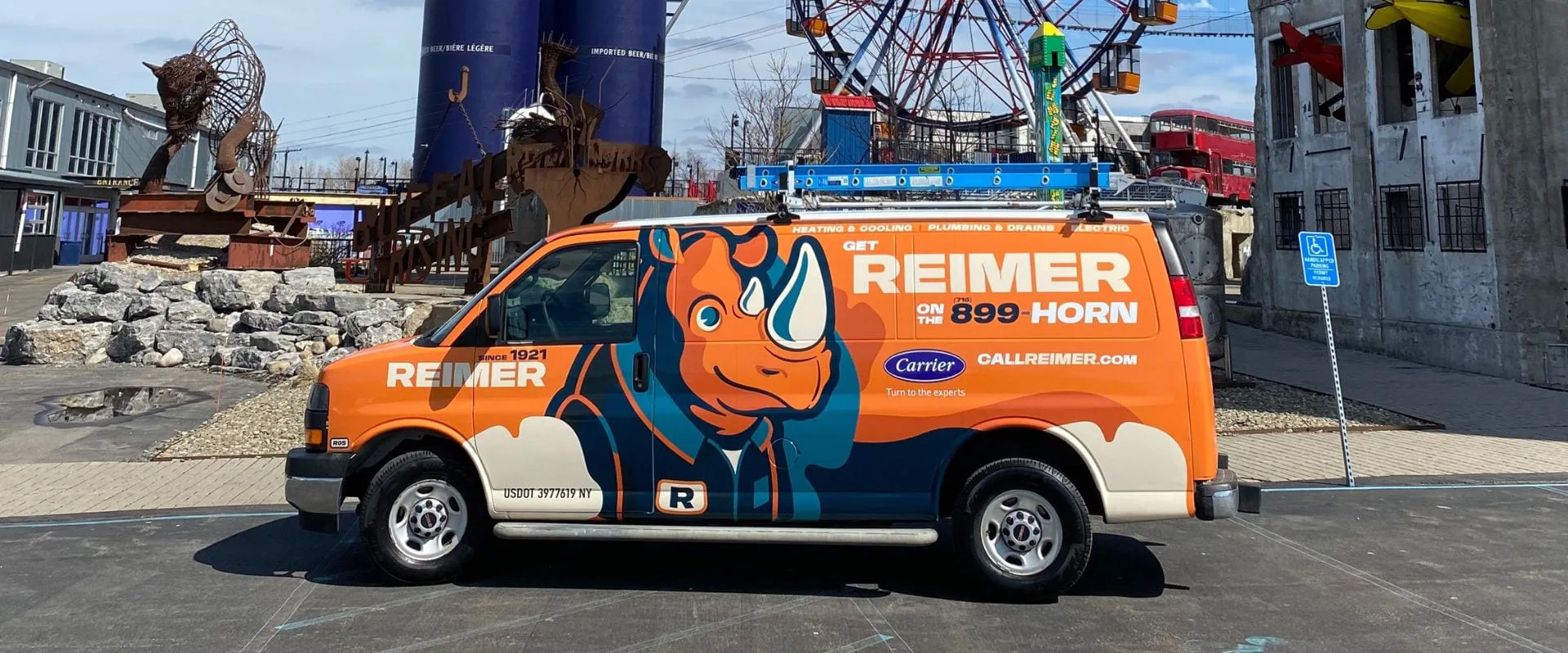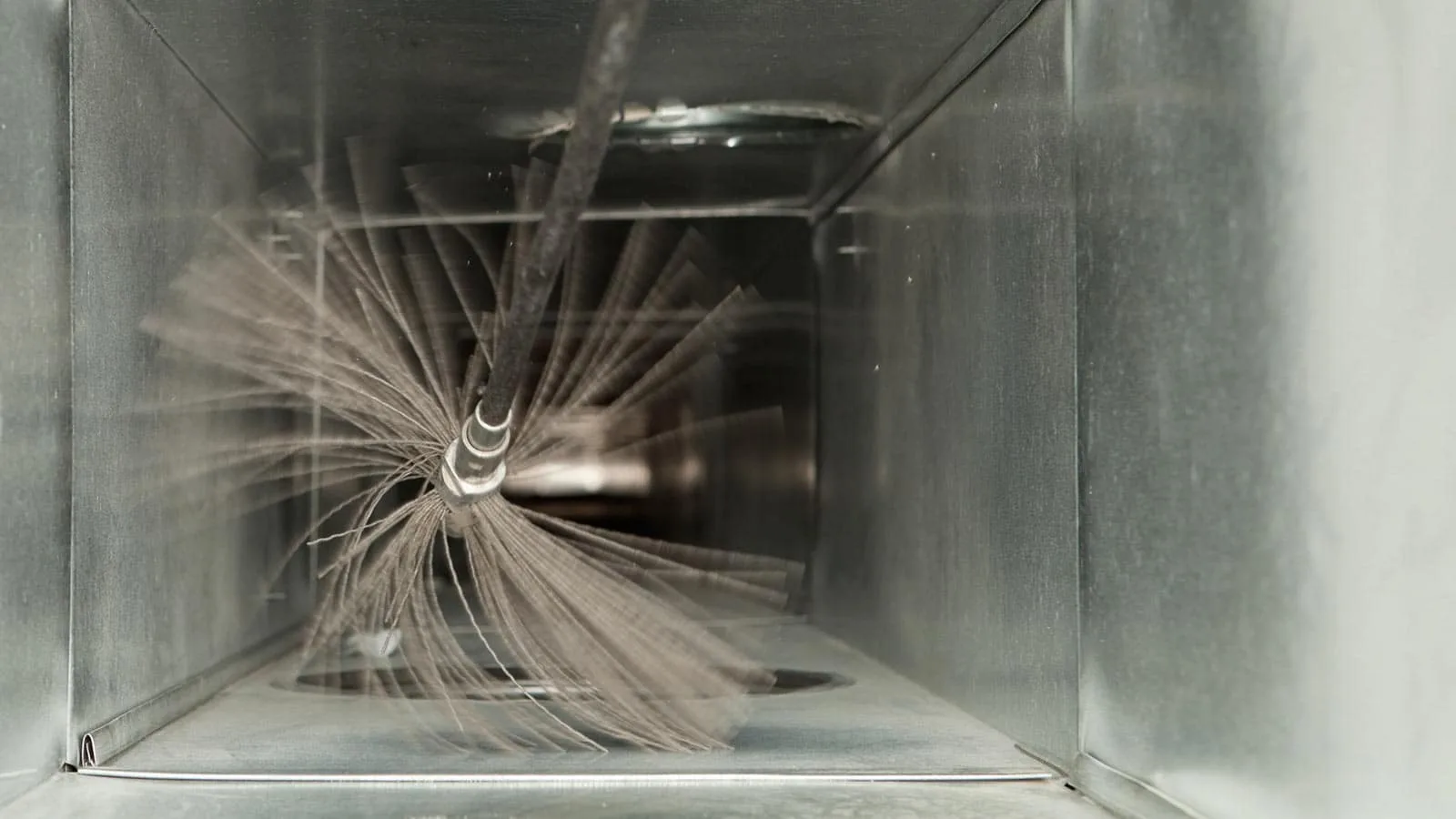By now, you’ve probably heard about tankless water heaters. Also known as “demand-type” systems, these water heaters are capable of providing your home with limitless hot water, greater energy-efficiency, and even space savings. However, homeowners most want to know what a new tankless water heater costs.
In this blog, we’re going to dive into both the short-term and long-term pictures of what a tankless water heater costs relative to a standard water heater. Our goal is to paint a complete picture of what getting a demand-type system will entail.
For a quote on a new tankless water heater here in Buffalo and Western New York, contact the team at Reimer.
Higher upfront costs, but savings for years to come
A tankless water heater costs typically more than a standard water heater. Just how much more can greatly depend on the brand or type (gas / electric) being compared, but—on average—it’s not unusual for a tankless unit to cost twice or three times as much as a “tanked” water heater.
Yet, just looking at these upfront costs doesn’t tell the complete story. In many cases, upgrading to a tankless water heater means you’ll come out ahead. Let’s explain:
Energy-Efficiency
Tankless heaters are about 30% more efficient at heating water for your home than a standard unit. In fact, the U.S. Department of Energy estimates that switching from standard to tankless can save homeowners, on average, about $100 a year. That number increases as you use more hot water; larger families with large hot water needs will likely see more savings.
“$100 a year,” you might say. “That doesn’t seem like all that much.” Sure, but consider this: your tankless water heater will likely last about 20-25 years before needing to be replaced. That’s $2,000 – $2,500 in savings over the lifespan of the system. In many cases, that’s more than the initial difference in price between a standard and an upgraded system.
Of course, that long system life has another advantage for your bottom-line:
Longevity
Tanked water heaters just aren’t made to last. That’s not a knock on manufacturers: it’s just that the constant combination of heat, metal, pressure, and water is inevitably headed for system failure at one point or another.
If you want to get down to what a tankless water heater costs, think about lifespan. A tanked system may last anywhere from 8-12 years (possibly longer than that, but efficiency might take a huge dip in the back-half of the system’s life). A tankless system typically lasts between 20 and 25 years.
Realistically, that means you could be in the position of buying two regular water heaters in the period of time you’d buy one tankless. At that point, you’re not saving all that much money with your initial decision to choose the cheaper of the two systems.
Avoiding disaster
Most homeowners don’t like to think about this, but—with a standard water heater—the potential for a tank burst always exists. Especially as they age and the anode rod corrodes fully, that combination of pressure, water, and heat on the metal can lead to hairline fractures that, left unchecked, develop into a fissure, requiring plumbing repair.
In contrast, tankless units don’t have tanks that can burst.
The difference in costs between these two types of water heaters is probably far, far less than your home insurance deductible—or the hit to your home’s market value—if you have to clean up flooding or damage from a burst tank.
Sure, there’s no price on peace of mind, but there is an actual cost-benefit to choosing a demand-type system here.
Your comfort matters, too
In this blog, we’ve made the case that tankless water heater costs aren’t always what they seem at the “sticker price” level. However, you should also consider the other benefits of a tankless system, including the main one: limitless hot water.
If you have a large family with a busy house, and you’re constantly running out of hot water in the mornings, a tankless system will make your home more comfortable and less stressful. You just can’t put a price on that.
For a detailed breakdown of tankless water heater costs, call Reimer
Interested in learning more about whether or not a demand-type system is right for your home? Contact us here at Reimer! We’re always happy to give plumbing advice to homeowners here in Buffalo and Western New York.





